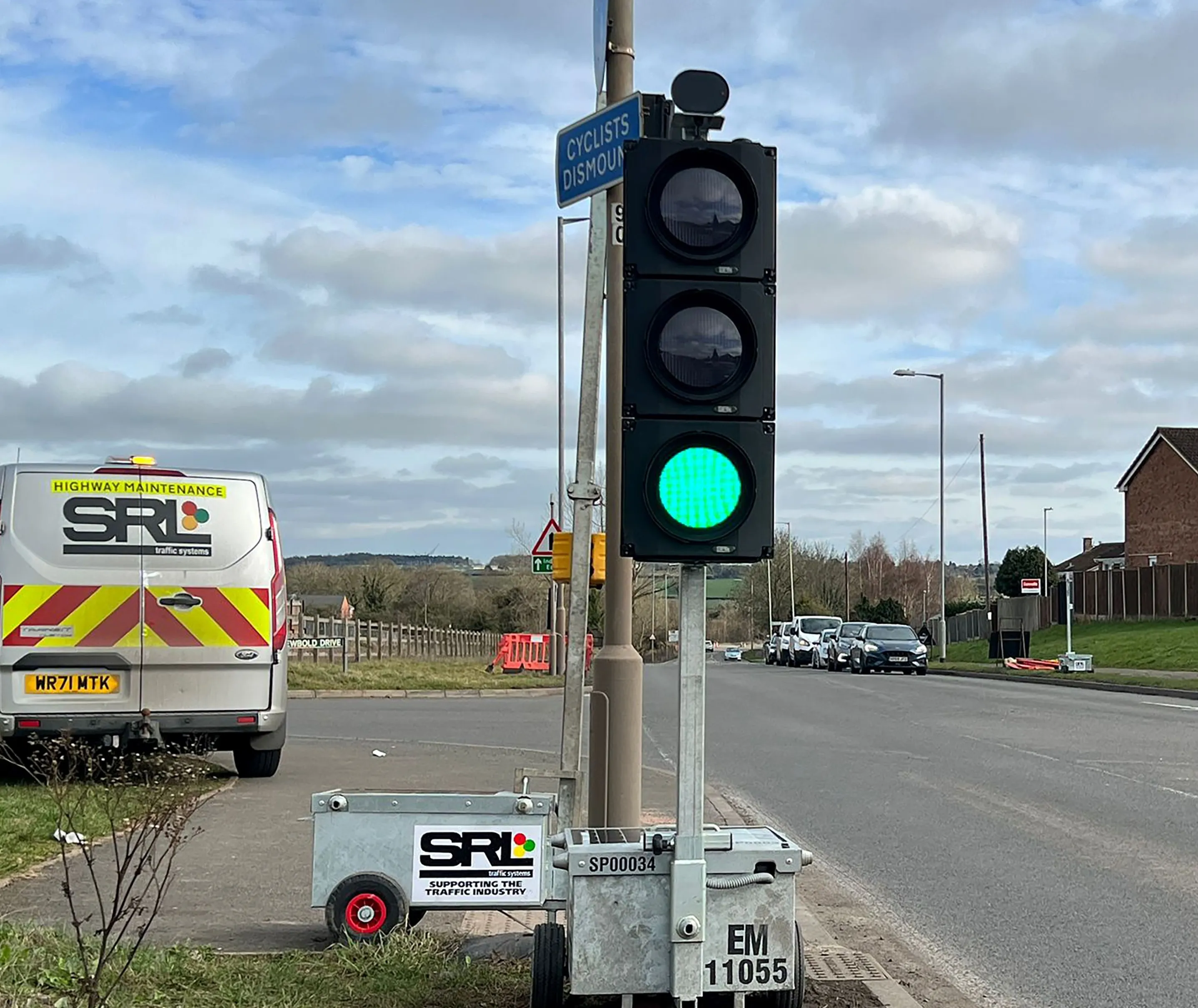The University of Illinois at Urbana-Champaign has entered into a licensing agreement with Xerion Advanced Battery Corp. under which Xerion has the exclusive right to bring the University’s StructurePore battery-charging technology to the market. The StructurePore technology was developed by Paul Braun, Ph. D., of the Department of Materials, Science & Engineering at the University of Illinois, who is presently also an officer and director of Xerion. He and his colleagues believe that the StructurePore tech
April 17, 2012
Read time: 2 mins
The StructurePore technology was developed by Paul Braun, Ph. D., of the Department of Materials, Science & Engineering at the University of Illinois, who is presently also an officer and director of Xerion. He and his colleagues believe that the StructurePore technology has the potential to, for example, instantly charge cell phone batteries and rapidly charge laptops and electric cars, all within a matter of several minutes.
Xerion and the University believe that the patented StructurePore battery technology will enable Xerion to develop a rechargeable battery with significantly higher electrical capacity than that which is presently available with ultra-fast charge / ultra-fast discharge capabilities. Recent research and preliminary testing is said to have demonstrated to Xerion and its principals that the technology can function in both nickel metal hydride and lithium ion based batteries.
Xerion intends to direct future development of the technology by utilising higher power output chemistries. By focusing on these new electrode architectures, Dr. Braun and his Xerion colleagues believe that they may have found a way to greatly reduce the polarisation effects of current batteries, thereby greatly increasing power and density. Xerion says it believes that the development of a new prototype battery will contain what the company has labelled as ‘superhighway-like’ avenues for electrons and ions to move at ultra fast speeds while filling a charge and thus resulting in rapid battery charging capability.
This month, Xerion team members from Illinois, Colorado and Ohio will be moving into offices in the University of Illinois Research Park to collaborate with Dr. Braun on refinements to the technology.








